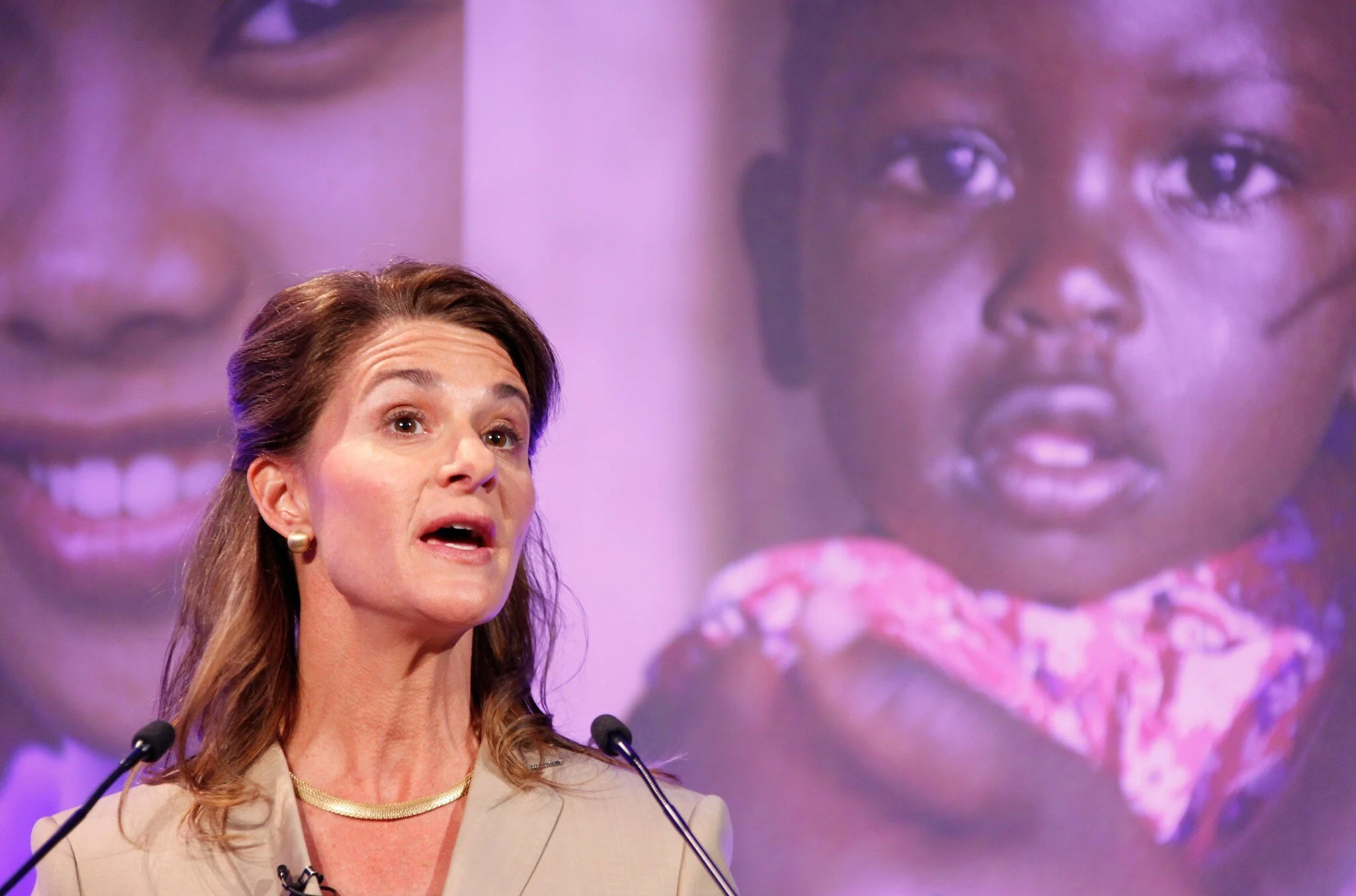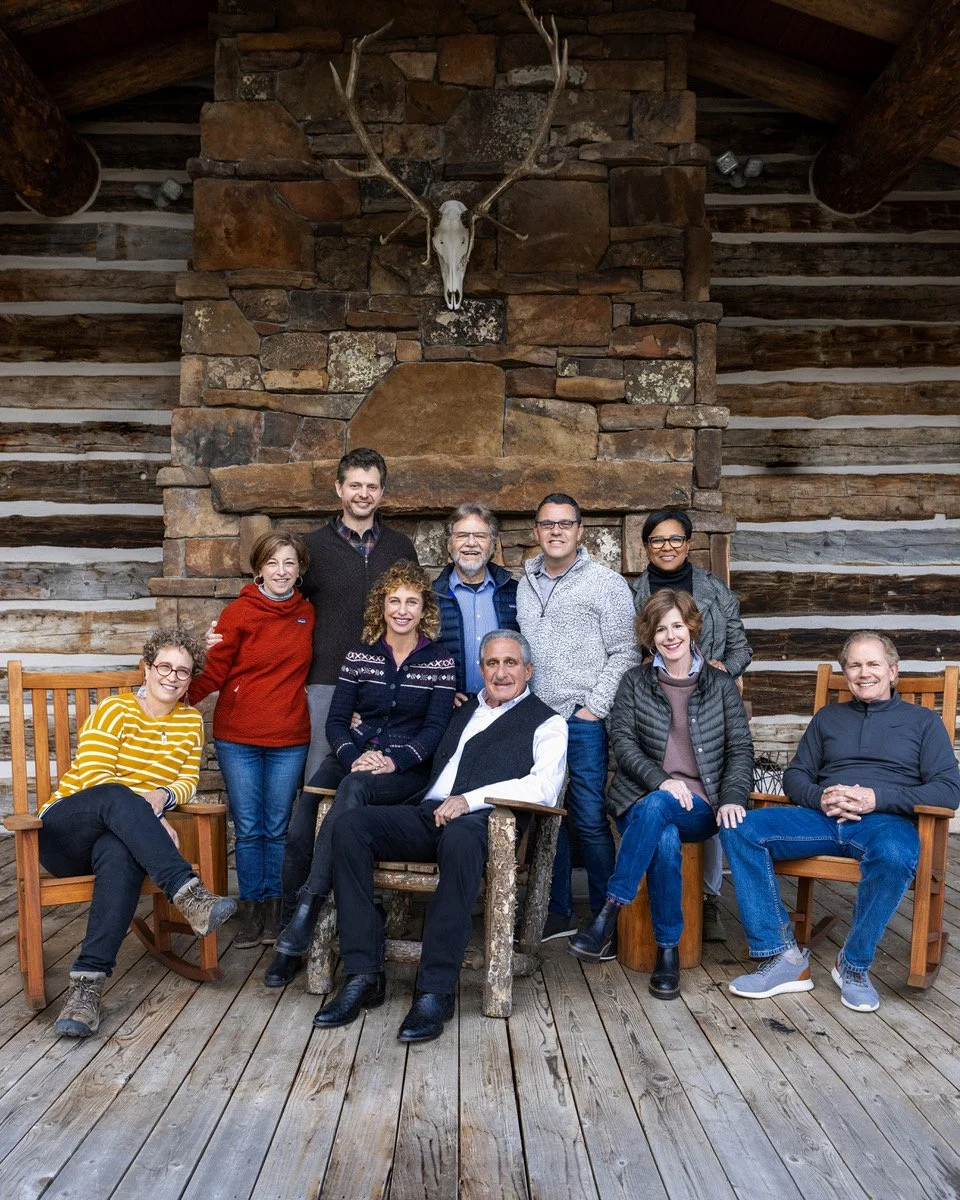Litigating for Democracy: Who’s Backing the Lawyers Defending U.S. Electoral Institutions?
/Joseph Sohm/shutterstock
More than at perhaps any other time in recent history, the past several years have given rise to fears that fundamental institutions of American democracy are at risk. Safeguarding those institutions is gaining prominence on philanthropy’s agenda. Bolstering the press, for instance, has commanded quite a few grant commitments, lately—including a big one from the Knight Foundation last month. And plenty of funders are backing initiatives to encourage voting and other forms of civic participation.
But with key issues like voting rights, money in politics and gerrymandering, a lot of fights over U.S. democracy boil down to the law. That’s where places like the Campaign Legal Center (CLC) come in. Based in Washington, D.C., CLC describes itself as “democracy’s nonpartisan watchdog,” an optimistic motto in a polarized era when electoral institutions have become yet another arena of political combat.
Litigation and watchdog actions form the basis of CLC’s strategy. In addition to directly litigating cases and filing amicus briefs, the organization flags ethics and campaign finance violations before the Federal Election Commission (FEC) and the press. Over the past 16 years, CLC has been deeply involved in some of the most significant legal actions affecting American elections. It’s also secured support from an array of major foundations, and like a lot of groups in the democracy space, CLC has seen a “Trump bump” in its funding since the 2016 election.
Getting Up to Speed
CLC’s story begins in 2002. Incubated as a three-person team at the University of Utah, the nonprofit only had a single funder then, the Pew Charitable Trusts. The fledgling organization set out to advance the Bipartisan Campaign Reform Act (also known as McCain-Feingold), which came under challenge in McConnell v. FEC after eventually securing passage in Congress. CLC’s lawyers were a part of the team that successfully defended the legislation in that 2003 case.
According to CLC’s President Trevor Potter, who’s been there from the start, the Pew Charitable Trusts provided a large percentage of the organization’s funding for the first five years, before Pew wound down its campaign finance grantmaking. For much of that time, aside from the McCain-Feingold litigation, most of CLC’s work involved filing amicus briefs. “About five years ago,” Potter told me, “we felt the need to develop a proactive litigation team that can take cases through court.”
Potter and his colleagues have been building out CLC’s litigation team since then, drawing on an annual budget that has doubled over the past three years to around $7.5 million. At the time of writing, CLC is involved in nearly 70 cases and actions, mainly pertaining to money in politics, voting rights, and gerrymandering and redistricting reform. To advise CLC’s work, Potter and his colleagues are building out a Litigation Strategy Council of leading constitutional litigators, including four former U.S. solicitors general.
Allies and Funders
Potter acknowledged how difficult it can be to maintain a nonpartisan stance given the nature of CLC’s work. Fairly or not, CLC’s particular avenues for democracy reform tend to be identified with left-of-center politics these days, and Potter was keen to emphasize the organization’s Republican-oriented funders and personnel. They include Potter himself, a former FEC commissioner and chairman appointed by President George H.W. Bush. Potter also served as general counsel for John McCain during his presidential bid.
Several members of CLC’s board of trustees and its Litigation Strategy Council are also affiliated with Republican politics. They include Charles Fried, a former solicitor general under Ronald Reagan, and Donald Ayer, who served as deputy attorney general under President George H.W. Bush. Potter also pointed to a long track record of funding from the Chicago-based Stuart Family Foundation, founded by former Quaker Oats CEO Robert D. Stuart Jr., who was active in Republican politics.
Still, it isn’t surprising that many of CLC’s larger institutional funders are associated with left-of-center policy positions. Those funders include the Ford Foundation, the Rockefeller Brothers Fund, the Hewlett Foundation, the Sandler Foundation, and the Democracy Fund, bankrolled for the most part by anti-Trump billionaire Pierre Omidyar. Over the past several years, support for CLC from these sources has grown.
Another interesting CLC funder is Battery Powered, the philanthropic arm of The Battery, a Bay Area private club that includes many leaders from the tech world. In addition to supporting CLC’s redistricting work, Battery Powered has recently funded democracy work at places like Community Connect Labs, the Groundswell Action Fund, RepresentUs and Ignite. Tech may be exacerbating many of today’s threats to democratic governance, but these days, techies are also coming forward to address those problems with something more tangible than utopian rhetoric.
CLC lists all of its current funders here. Some other notable names include Arnold Ventures, the Joyce Foundation, the MacArthur Foundation, the New York Community Trust, the Open Society Foundations and NEO Philanthropy's State Infrastructure Fund, which we covered in detail earlier this year. Money also comes in from DAFs at places like Fidelity Charitable, Schwab, Vanguard and the BMO Charitable Fund Program.
Related:
Enfranchised: How a Collaborative Fund Advances Voting Rights and Protections
“This Model is Working.” A Bay Area Private Club Moves Millions for Social Causes
Inside the Omidyar Network, New Thinking About a Changed World
Nimbleness Is a Virtue
With a fairly healthy funding situation, CLC can position itself for effectiveness through the 2020 election. According to Chief Development Officer Jason Jaffery, CLC is “having forward-looking conversations with funders to anticipate challenges arising in 2019 and 2020. As we talk to supporters, we’re talking about general support so we have resources we need to respond in a nimble way.” General support already makes up the majority of CLC’s foundation funding, Potter said. He cites some exceptions: “Where we tend to get restricted grants are for high-profile litigation projects like Gill v. Whitford,” a challenge to partisan gerrymandering in Wisconsin.
General support lets CLC respond to challenges as they arise. As a case in point, CLC’s most important cases in the 2018 election cycle “came out of nowhere,” Potter said. “In the last minute in the run-up to the election, a governmental entity will do something contrary to values of democracy.” He cited hard-to-predict 2018 cases like Georgia’s “voter freeze,” in which 50,000 voter registrations were stuck in pending status, and North Dakotan requirements that voter IDs list a street address, effectively barring Native Americans with P.O. box addresses from the vote. In both cases, CLC filed suit and won.
Other CLC activity stemming from the 2018 election cycle includes Arizona and Georgia cases over “signature matching,” in which voters were disenfranchised over inconsistencies in penmanship, and support for a Maine case that saved the state’s adoption of ranked choice voting. Other high-profile cases include Rucho v. League of Women Voters, which challenges a partisan gerrymander in North Carolina, as well as an attempt to oblige the FEC to enforce campaign finance law against an illegal donation by GEO Group, a private prison company.
Over the long term, CLC’s goal is to “move from reactive litigation to a long-term view, including [goals like] reconstituting the Voting Rights Act and reorienting the constitutional discussion to focus on the free speech rights of average citizens,” Potter said. He’s referencing two major setbacks to CLC’s agenda: Shelby County v. Holder, the 2013 Supreme Court decision that gutted the Department of Justice’s ability to intervene in discriminatory voting practices at the state level, and 2010’s Citizens United v. FEC, which applied the First Amendment to uphold the right of corporations and other organizations to fund unlimited independent expenditures during political campaigns. Potter also cited the need to reform the FEC, which he described as “a bottleneck” that is “deadlocked and unable to perform its duties.”
Ultimately, even as organizations like CLC jump into action in 2020, it’ll take well-funded political movement building to lay the groundwork for those larger goals. Toward that end, CLC is providing legal advice to citizens’ groups and public education campaigns, as well as helping people with past felony convictions understand their voting rights. On the legislative side, CLC is also testifying to push the HR 1 democracy reform bill through Congress and to assist independent redistricting commissions—especially in Michigan, Colorado, Utah, Missouri and Ohio, where voters approved them in 2018.
It’s too early to tell how 2020 will affect the funding environment around democracy reform. But the folks at CLC seem confident that as concerns mount, funding to bolster the integrity of America’s electoral institutions will be there. Whether that’ll be enough to sustain a healthier democracy over the long term is another question entirely.
Related:







































